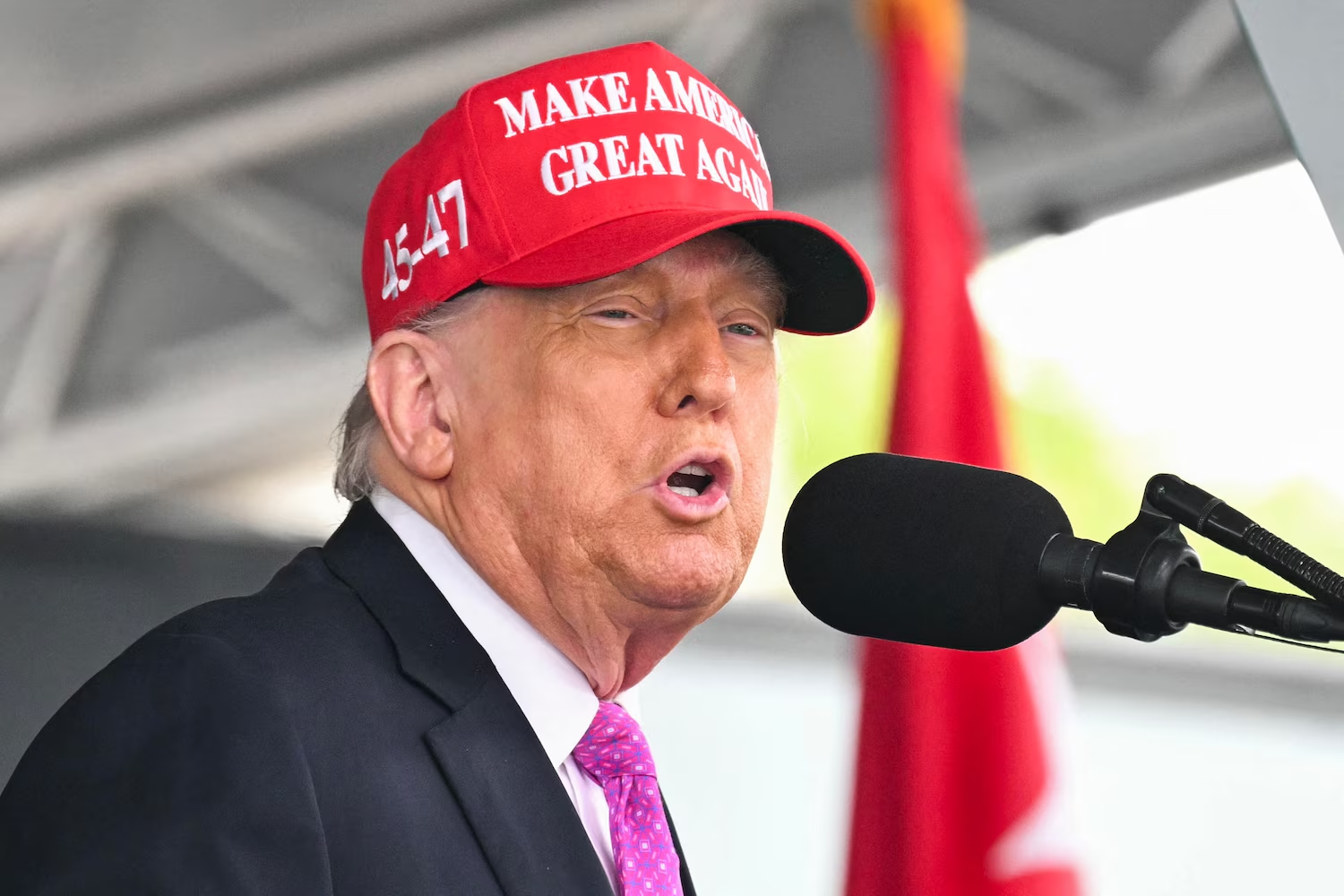The U.S. State Department has issued a renewed and urgent warning against travel to Venezuela, citing the country as the leading detainer of American citizens abroad. This stark message was underscored by Adam Boehler, former Special Presidential Envoy for Hostage Affairs, who emphasized the growing dangers for Americans in Venezuela.
“More U.S. citizens are being held in Venezuela than in any other country in the world,” Boehler said during a press briefing Tuesday. “And many of them are detained solely because they are American.”
At Least Eight Americans Detained Under Suspicious Circumstances
While exact numbers remain undisclosed, official sources confirm that at least eight U.S. citizens are currently imprisoned in Venezuela under unclear or politically motivated charges. These detentions are believed to be part of a broader strategy by the Nicolás Maduro regime, using American citizens as geopolitical bargaining chips.
State Department Reissues “Do Not Travel” Advisory
Venezuela has held a Level 4: Do Not Travel advisory from the State Department since February 2019. On Tuesday, this advisory was reissued and reinforced through U.S. embassies in Colombia, Guyana, Brazil, and Aruba, as well as the Venezuela Affairs Unit in Bogotá.
“There is no safe way for Americans to travel to Venezuela,” stated a State Department spokesperson. “U.S. citizens, dual nationals, and lawful permanent residents should avoid travel to Venezuela under all circumstances. No trip is worth the risk of losing your freedom.”
Families and Partners Also at Risk
The advisory also warns that not just American citizens, but also their partners and family members, are increasingly at risk. “Loved ones traveling with Americans are also being detained,” the spokesperson added. “Travel to Venezuela endangers more than just the traveler.”
Case in Point: Lucas Hunter
One of the more alarming incidents involved Lucas Hunter, a 37-year-old dual American-French citizen, who was detained by Venezuelan forces in January while windsurfing near the Colombia-Venezuela border. Despite no intention to enter Venezuela, Hunter was forcibly taken across the border and remains in custody.
Diplomatic Efforts Lead to Some Releases
Despite the tense U.S.-Venezuela relationship, diplomatic efforts have led to limited progress. In January, Special Envoy Richard Grenell traveled to Caracas to meet directly with President Maduro. That visit resulted in the release of six American detainees, showing a small but notable opening for negotiations.
Recently, the U.S. secured the release of Air Force veteran Joseph St. Clair without offering concessions to the Maduro government. The administration emphasized that diplomacy remains active but firm.
U.S. Reaffirms Tough Stance Against Hostage Diplomacy
Adam Boehler reiterated the United States’ zero-tolerance policy toward hostage diplomacy. “Every country must know—if you detain an American citizen unjustly, there can be no relationship with the United States,” he stated. “We will continue to apply pressure and negotiate for the safety of our citizens abroad.”
Conclusion: Travel to Venezuela Carries Extreme Risk
The latest warnings from the State Department highlight the severe and growing risks of traveling to Venezuela. The detentions are not isolated incidents but part of a systematic approach by the Maduro regime to use foreign nationals for leverage.
American citizens, dual nationals, and permanent residents are strongly urged to cancel any travel plans to Venezuela and prioritize their safety. Families are encouraged to stay informed and rely on official government channels for updates.
As the U.S. continues to navigate complex diplomatic challenges, it remains committed to the freedom and welfare of its citizens. For now, Venezuela remains one of the most dangerous destinations for Americans, and the government’s message is clear: No trip is worth your liberty.

